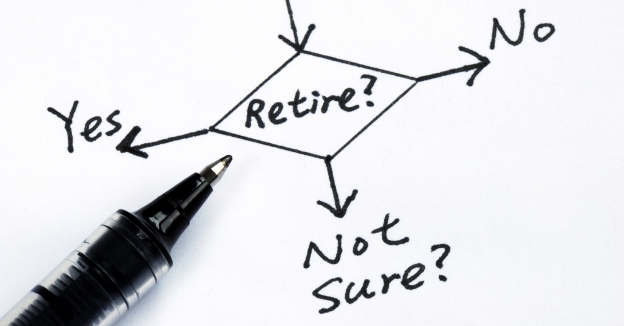Sharon Gross, Tax Manager, Kenway Mack Slusarchuk Stewart LLP, Calgary, AB, DFK Affiliate Firm
Many of you who have contributed to CPP over the years are approaching retirement and may be asking yourself when you should start receiving CPP income? The standard age to receive CPP is 65, but you can take a reduced CPP as early as age 60, or you can get an increased benefit by delaying receiving CPP up to age 70. The answer to your question is, “it all depends.”
The amount of CPP is based on how much you have contributed and how long you have been making contributions to the CPP. Factors that can affect the amount of CPP that you will receive include: the drop-out provision whereby a certain number of your lowest earnings months are excluded from the CPP calculation; the child-rearing provision whereby an adjustment is made for low income earning periods when you were raising your children; and credit splitting between you and your former spouse. You should contact Services Canada to determine the CPP income that you are entitled to.
From 2012 to 2016, the Government of Canada has gradually been changing the early CPP pension income reduction so that, by 2016, the entitlement to receive CPP is reduced by 0.6% for each month that you receive CPP before age 65. For a person who receives their CPP at age 60 in 2016, this represents a reduction of 36% from the amount they would receive if they waited until age 65.
If you take your CPP after age 65, your monthly payment amount will increase by 0.7% for each month that you delay receiving it up to age 70. Thus, an individual who starts receiving CPP at age 70 will receive 42% more than if they had taken it at age 65.
A pension consultant has determined that you will be ahead financially, considering the CPP only, if instead of taking CPP at age 65, you take your CPP at:
- Age 60 and don’t live past age 69
- Age 61 and live past age 69 but not past age 71
- Age 62 and live past age 71 but not past age 73
- Age 63 and live past age 73 but not past age 75
- Age 64 and live past age 75 but not past age 77
- Age 66 and live past age 77 but not past age 79
- Age 67 and live past age 79 but not past age 81
- Age 68 and live past age 81 but not past age 83
- Age 69 and live past age 83 but not past age 85
- Age 70 and live at least until age 86.
Other factors to consider when deciding when to receive CPP include: current and future income tax bracket; immediate versus future income needs; and the impact of receiving CPP on any other benefits, such as Guaranteed Income Supplement and Old Age Security.
If you choose to receive CPP before age 65 and continue working, you must contribute to CPP until you are at least age 65. These contributions will result in a supplement to your CPP income.
So, the decision as to when to receive CPP income depends on your particular situation.







